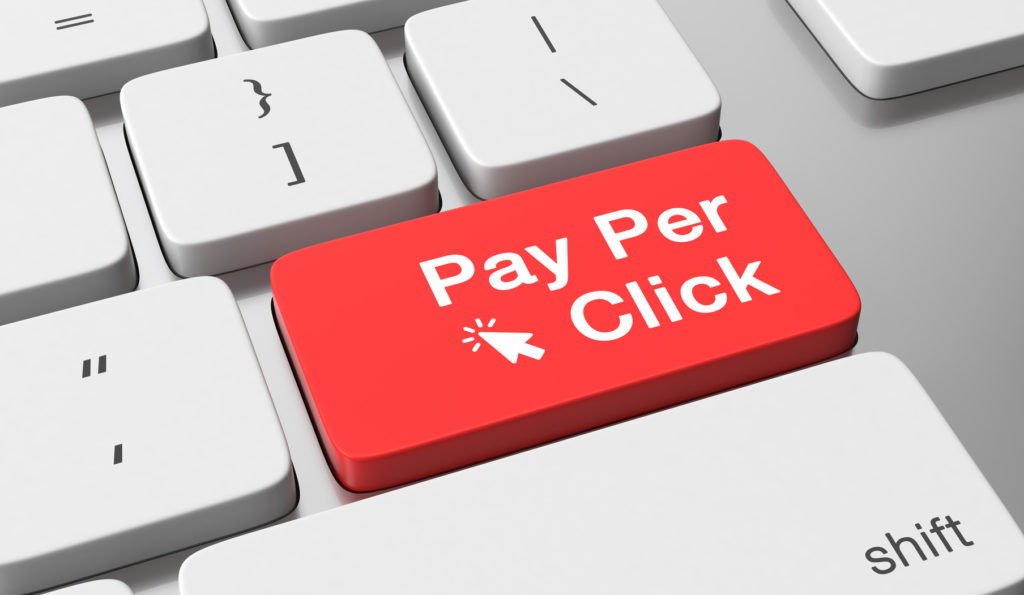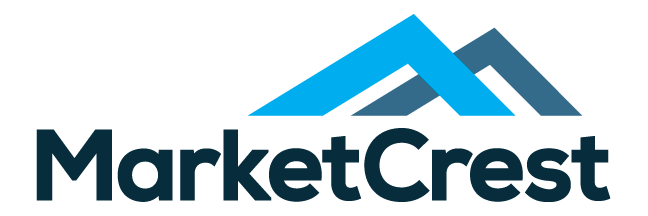
No matter what size your business is, you’ve got to be online. Beyond a website, beyond a blog, online advertising is essential to online success.
It’s a wild and crazy world online and you need to have skin in the game to make it. Google ad revenue for the U.S. alone is on track to reach over $26 billion.
As a smart business person, you know that it’s all about quality and not quantity. There’s no point in throwing a lot of money into online advertising without a plan.
Pay per click is the way to go. How does pay per click work? Keep reading while we go over how to take your business to the next level with this important tool.
Pay Per Click Definition
Before we answer how does pay per click work, we need to understand what it is. There’s a reason why it’s every online advertiser’s go-to tool.
There are two main types of online attention – organic and paid.
Organic reach happens when a potential customer comes across your ad or site by themselves. Paid, the type we’re focusing on is when you bid to get your ad posted in places where potential customers will see it.
As you know, it’s not enough for a customer to just see your ad. You’ve got to get them in the door.
With pay per click, you get the ad in front of the customer but only pay when your ad is clicked. It’s efficient and effective.
But how does pay per click work? There’s a lot to it but you’re on your way to being an expert.
Bidding and Placement
The first step is to create the ad that best targets your future customer. You’re going to center it around a keyword.
A keyword is a word or phrase that research shows customers are looking for. Once you’ve lined up your ad with a keyword, you bid on placement related to the keyword.
That bid allows your ad to show up in the advertising section that most search engines have at the top. That gets you a lot of eyeballs and, with the right keyword, a lot of clicks.
Different Types of PPC
You might think Google is the only PPC game in town, but you’d be surprised at the variety of campaigns you can run.
Google is the biggest game in town – and extremely popular. It’s easy to see why – it’s extremely versatile.
Google allows you to not only run ads on their search engine, like in the previous example but on private websites as well. That’s a huge amount of potential customers!
Another surprising PPC option? Facebook. Only the foolish count Facebook out of the PPC game.
With two billion active monthly users, you can’t ignore that potential pool of customers. The price is nice, too. Advertising on Facebook isn’t as expensive as on Google, Bing, or other search engines.
Have you ever shopped online and seen the product you looked at turn up in almost every ad afterward? That’s called retargeting, another effective PPC campaign technique.
The Right Keywords
The beginning and end of your PPC campaign need to focus on the right keywords. They’re the key to your success.
How does pay per click work together with keywords to increase your targeted reach? Here’s how:
Use a tool (Google AdWords is the biggest player in the game) to discover trending keywords. Find which ones match your company’s goals.
Craft your company’s landing page, website, blog, and any other material to work with your selected keywords. (Here’s where an SEO website expert can really help.)
Build your ads around your chosen keywords. This ensures your ads will rise to the top.
You’ll work hand in hand with search engines to find the best placements, get your ads in front of the right customers, and get them clicking.
How Does Pay Per Click Work With Your Budget?
To get the most bang for your buck, there are a few things to consider. First on the list is the cost of your chosen keyword.
Certain keywords cost more than others. It all depends on what your customers are searching for.
It’s a safe bet that commonly searched for words, like “mortgage” or “car insurance” will cost a lot more than obscure words, like “pickled eggs”.
PPC Ad Examples
Beyond that, you can install an automatic off switch. Using Facebook ads as an example, you can set up a Facebook PPC campaign to use only a certain amount of money.
Facebook allows you to set a daily or even a lifetime limit. If you give Facebook a daily limit of $10, once that money is spent, it turns off your ads.
You can get your first glimpse of the effectiveness of ad this way.
Let’s say you set a lifetime limit of $100 on an ad. You program the ad’s lifetime to be around a month.
If your $100 is used up in a week, that’s good news and bad. The good is that you’ve got an effective ad on your hands and lots of people are clicking! The bad is that you might have to spend more money.
If those clicks lead to conversions, though, the PPC campaign pays for itself.
Putting It All Together
Still asking how does pay per click work in the real world? Here’s a step by step breakdown to give you an idea of how it all comes together.
The Campaign: This is your first focus. Figure out what you want your ad to be about. Who’s your audience? What goal do you want to achieve?
Keywords: Choose keywords that work with your ultimate goal but are still effective.
Ads: Combine your goal with your keyword to create a compelling and effective ad
Stick the Landing: Wherever you drive your customers, make sure the page is optimized for conversion. Get them to see your ad, click on it, and convert.
Call the PPC Pros
Now that you’ve got the basics under your belt, hopefully, we’ve answered most of your questions about how does pay per click work.
Need a professional to guide you through the entire process? That’s what we’re here for!
Call us at Market Crest to get a free hour of consultation today!
SaveSave
SaveSave
SaveSave






